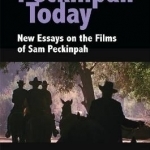
Peckinpah Today: New Essays on the Films of Sam Peckinpah
Book
Written exclusively for this collection by today's most significant writers and researchers on Sam...
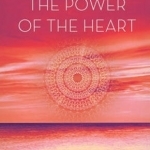
The Power of the Heart: Finding Your True Purpose
Book
Baptist de Pape had just finished law school and was about to start his legal career when, plagued...
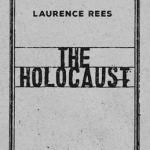
The Holocaust: A New History
Book
Sunday Times top 10 bestseller 'Groundbreaking ...You might have thought that we know everything...

Beautifully Different: Autism: Viewing the World Through a Different Lens
Book
Beautifully Different is a photographic book about children with high-functioning autism who...
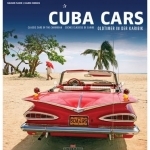
Cuba Cars: Classic Cars of the Caribbean
Book
Cuba is worth a visit. Or, as the authors of this book discovered, several. The average package...

Garden at War: Deception, Craft and Reason at Stowe
Book
At Stowe, 250 acres of parkland off er a complex web of views, pathways, statues, inscriptions, urns...
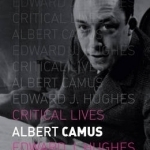
Albert Camus
Book
One of France's most high-profile writers, Albert Camus experienced both public adulation and...
Take off into English Teaching!: How to Prepare for Your Secondary Teacher Training Programme
Book
Planning to become a secondary English teacher? This must-have guide contains everything you need to...
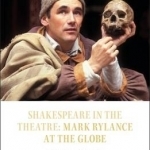
Shakespeare in the Theatre Mark Rylance at the Globe
Book
Shakespeare in the Theatre: Mark Rylance at the Globe Each volume in the Shakespeare in the Theatre...
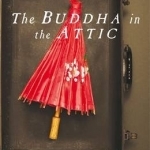
The Buddha in the Attic
Book
Read our exclusive interview with Julie, in which she talks about the sentence that made everything...
